Tourist spending hit by financial crisis
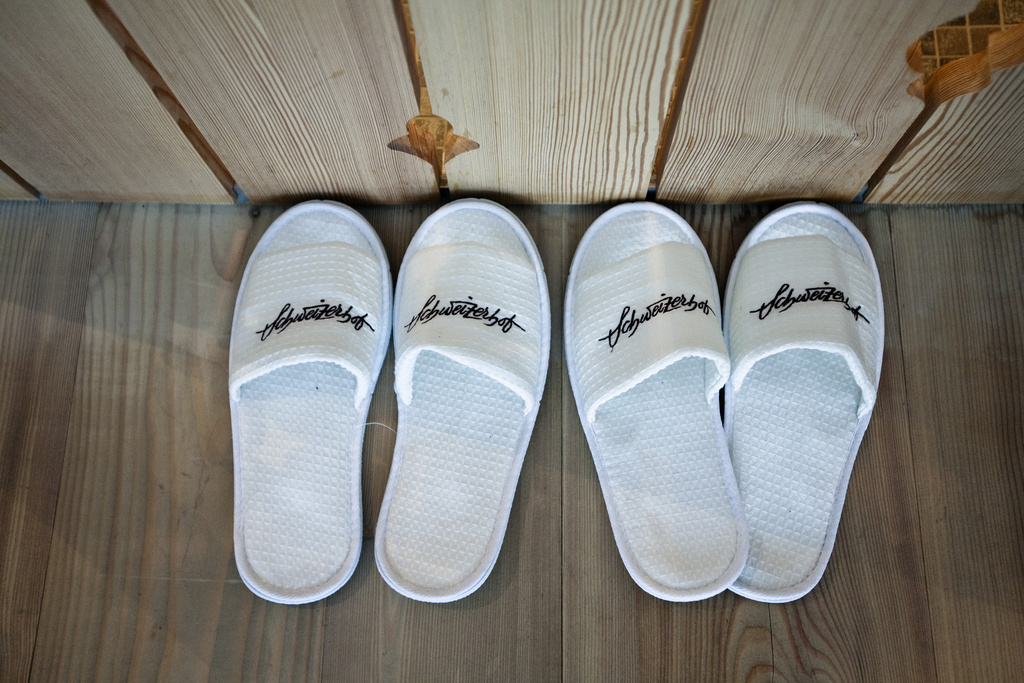
Swiss tourism was impacted by the economic downturn in 2009, with spending inside and outside Switzerland down on previous years.
Foreign tourists coming to Switzerland spent SFr15 billion ($13.5 billion) – a drop of 3.8 per cent compared with 2008, according to provisional figures from the Federal Statistics Office.
Swiss travelling abroad also tightened their belts, spending SFr11.5 billion (-2.4 per cent).
It resulted in the first fall in the Swiss tourism balance of payments since 2003, at SFr316 million less than in 2008.
The last crisis years for tourism were between 2002 and 2004 after which the sector grew steadily with “very good results” in 2007 and 2008. Indeed, 2008 turned out to be a record year for Swiss hotels.
But the picture changed with the onset of the global financial crisis. Swiss hotels reported 1.7 million fewer overnight stays in 2009 than the previous year.
According to Switzerland Tourism, in 2009, the countries which sent fewer tourists to Switzerland were those impacted by the economic crisis: the United States, Britain and, to a lesser extent, Germany, the Gulf countries and South Korea.
The drop in overnight stays was quite dramatic in the case of Britain – down almost 19 per cent compared with 2008.
Hotel accommodation makes up the bulk – nearly two-thirds – of tourism industry income generated inside Switzerland.
However the financial meltdown did not make much of a dent in Swiss hotel prices. In 2009, Swiss rooms were the most expensive in Europe, dropping by 11 per cent compared with an average of 13 per cent elsewhere, according to the German reservation website Hotels.com.
Normal decline
The Federal Statistics Office said the situation could have been worse for hotels.
“Overnight stays have declined by about eight per cent, but that is not necessarily dramatic, because tourism is quite sensitive to the economic situation,” Thomas Baumann of the Federal Statistics Office told swissinfo.ch.
“You would expect a decline, it’s a normal decline for a difficult economic situation; a decline of 15 per cent would have been really worrying.”
Hardest hit in 2009 was spending by holiday-makers and business travellers, down by 7.9 per cent. Daytrips and transit travel also suffered a slight reduction.
In contrast, income from visitors on educational or medical trips to Switzerland was up by 6.5 per cent as a result of growing numbers of foreign students in Swiss universities.
Swiss spending abroad dropped for the second year in a row, which the Statistics Office said was “surprising”. It is judged primarily by overnight stays, which fell by 4.1 per cent to SFr9 billion.
Brighter outlook
The winter season 2009-2010 is looking more promising. Provisional figures published by the Statistics Office earlier this month confirmed an overall 0.5 per cent rise in overnight stays during the winter (from November 2009 to April 2010) when compared with the same period in 2008.
Hotels peaked in February and March, rising 1.7 and 5.0 per cent respectively.
Hampering the figures was a 7.4 per cent year-on-year drop in European overnights in the month of April, no doubt a result of the weaker euro. Other visitor numbers from Asia and India and South America all rose in contrast.
Switzerland Tourism told swissinfo.ch that this year, the problem tourism faces is not so much the economic crisis as the weakness of the euro.
“More than 60 per cent of hotel overnights in Switzerland are generated from tourists coming from euro countries. So, we’re worried about the consequences the weak euro could have overall on tourism in Switzerland for the rest of 2010,” said Véronique Kanel.
Special offers
The tourist organisation has taken new measures to encourage tourists from the euro zone to visit Switzerland despite the continuing effects of the economic situation.
Kanel said they were going to have “a wave of vacation offers, published on our website and on different publications in countries of the euro zone. These offers are really attractive not only in terms of price and they’re going to be published in a fixed euro price.”
Whereas at the moment the prices, which are fixed in Swiss francs, vary according to the exchange rate of the euro, the new offers’ aim is that the price set in euros remain the same from the day the offer is published to the day the bill is received by the client.
Emily Wright and Jessica Dacey, swissinfo.ch
The Federal Statistics Office has been keeping accommodation statistics for 75 years. Here are some of the main changes between 1934 and 2009:
The number of hotels fell by 29 per cent from 7,756 to 5,533. But the number of beds available rose by 35%.
The number of overnight stays rose 2.5 times from around 14.3 million in 1934 to 35.6 million in 2009.
However, people are staying in hotels for less time: an average 2.3 nights (2009) compared with 4.2 nights (1934).
The origin of guests has flipped around: in 1934, 57% were Swiss and 43% foreigners, and in 2009 43% were Swiss, 57% were foreigners.
The number of overnight stays in Swiss hotels fell last year by almost five per cent – the first decrease in three years – as the financial downturn began to bite.
There were 35.6 million overnight stays in Switzerland in 2009, according to the Federal Statistics Office. This is 4.7 per cent less than in the record in 2008.
On the whole, cities did better than alpine areas, with mountainous Graubünden recording the biggest drop, down 5.7 per cent.
The British recorded the biggest decrease – down 19 per cent. Tourists from big market Germany also fell.
The largest rise was seen among Chinese tourists – up 27 per cent – although they still make up a small part of overnight stays.

In compliance with the JTI standards
More: SWI swissinfo.ch certified by the Journalism Trust Initiative


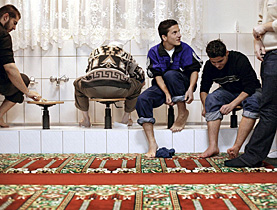
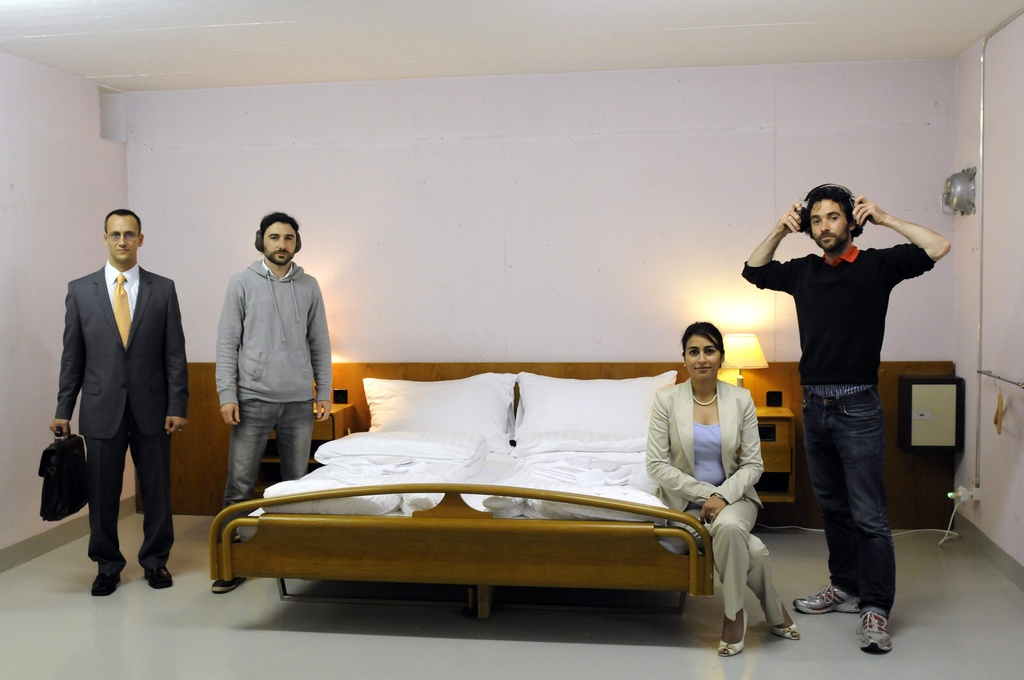
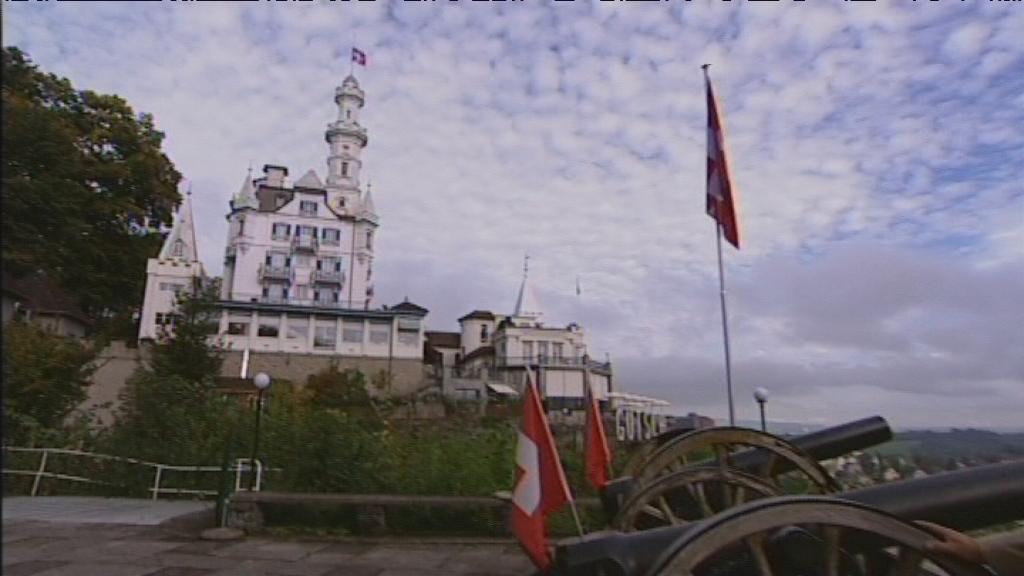
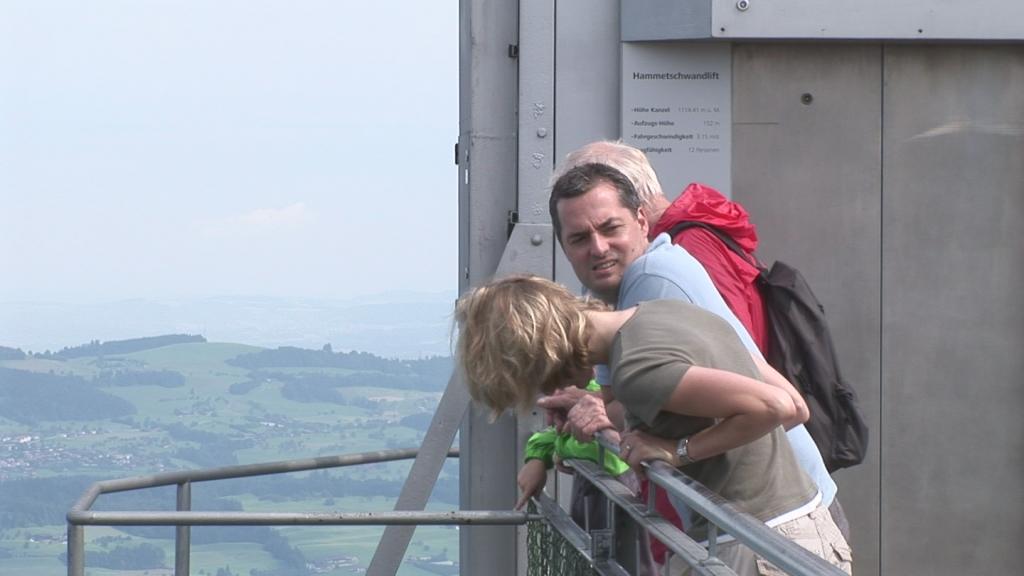
You can find an overview of ongoing debates with our journalists here. Please join us!
If you want to start a conversation about a topic raised in this article or want to report factual errors, email us at english@swissinfo.ch.